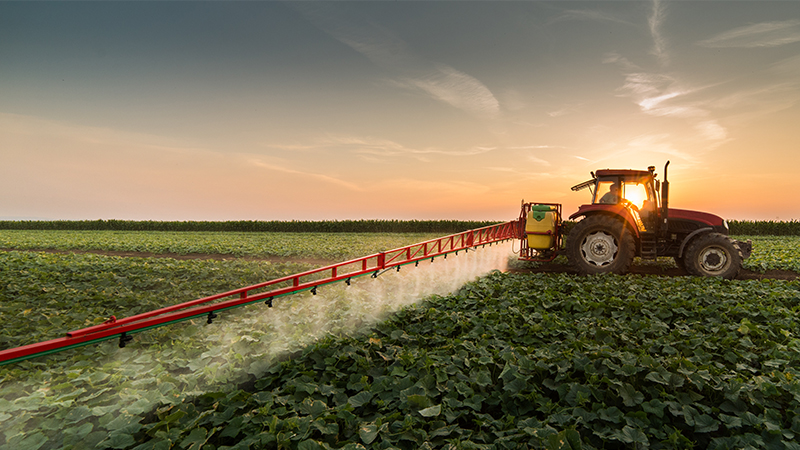
The agriculture industry has always been at the forefront of innovation, constantly seeking ways to improve efficiency, productivity, and sustainability. In recent years, technology has played a pivotal role in transforming the way farming is done. From precision agriculture to robotics and automation, various technologies are revolutionizing the agriculture industry. In this article, we will explore some of the key technologies that are shaping the future of agriculture and their impact on farmers and the industry.
Precision agriculture is a technology-driven approach that enables farmers to optimize their operations by using data and analytics. It involves the use of sensors, GPS, drones, and satellite imagery to gather information about soil conditions, crop health, and weather patterns. By analyzing this data, farmers can make informed decisions about resource allocation, such as precise application of fertilizers, water, and pesticides. Precision agriculture improves efficiency, reduces waste, and minimizes environmental impact.
Robotics and automation have the potential to revolutionize farming practices by reducing labor-intensive tasks and improving efficiency. Robots can be used for various purposes, such as planting, harvesting, and crop monitoring. For example, autonomous drones equipped with cameras and sensors can survey large areas of farmland, identifying areas of concern and providing valuable insights to farmers. Robotic harvesters can pick crops with precision and speed, reducing the need for manual labor. Automation systems can also be used for tasks like irrigation, feeding livestock, and monitoring environmental conditions.
The Internet of Things (IoT) is a network of interconnected devices that collect and exchange data. In agriculture, IoT devices such as sensors, weather stations, and livestock trackers can provide real-time information about soil moisture, temperature, humidity, and animal behavior. This data helps farmers make data-driven decisions, optimize resource allocation, and monitor the health and well-being of their crops and livestock. IoT technology also enables remote monitoring and control of farm operations, allowing farmers to manage their farms from anywhere.

Artificial Intelligence (AI) and Machine Learning (ML) are revolutionizing the agriculture industry by enabling farmers to analyze vast amounts of data and make predictions. AI-powered algorithms can process data from various sources, such as weather patterns, soil conditions, and historical crop yields, to generate insights and recommendations. Machine Learning algorithms can learn from past data to predict crop diseases, optimize planting schedules, and improve yield predictions. AI and ML technologies empower farmers to make data-driven decisions, optimize resource allocation, and mitigate risks.
Vertical farming and indoor agriculture are innovative approaches to growing crops in controlled environments, such as warehouses or vertical structures. These technologies utilize artificial lighting, hydroponics, and climate control systems to create optimal growing conditions. Vertical farming and indoor agriculture offer several advantages, including year-round production, reduced water usage, and the ability to grow crops in urban areas. These technologies also minimize the impact of external factors such as weather conditions and pests, leading to higher crop yields and improved food security.
Blockchain technology has the potential to revolutionize the agriculture industry by improving traceability, transparency, and trust in the supply chain. By using blockchain, farmers can track the journey of their products from farm to table, ensuring food safety and quality. Blockchain can also facilitate fair and transparent transactions between farmers and buyers, eliminating intermediaries and reducing costs. Additionally, blockchain can help verify the authenticity of organic and sustainable farming practices, providing consumers with reliable information about the products they purchase.
Technology is transforming the agriculture industry, empowering farmers with innovative tools and solutions to improve efficiency, productivity, and sustainability. Precision agriculture, robotics, and automation, IoT, AI and ML, vertical farming, and blockchain technology are just a few examples of the technologies that are reshaping the future of farming. By embracing these technologies, farmers can optimize resource allocation, make data-driven decisions, and ensure the production of safe and high-quality food. As technology continues to advance, the agriculture industry will continue to evolve, creating new opportunities and challenges for farmers around the world.